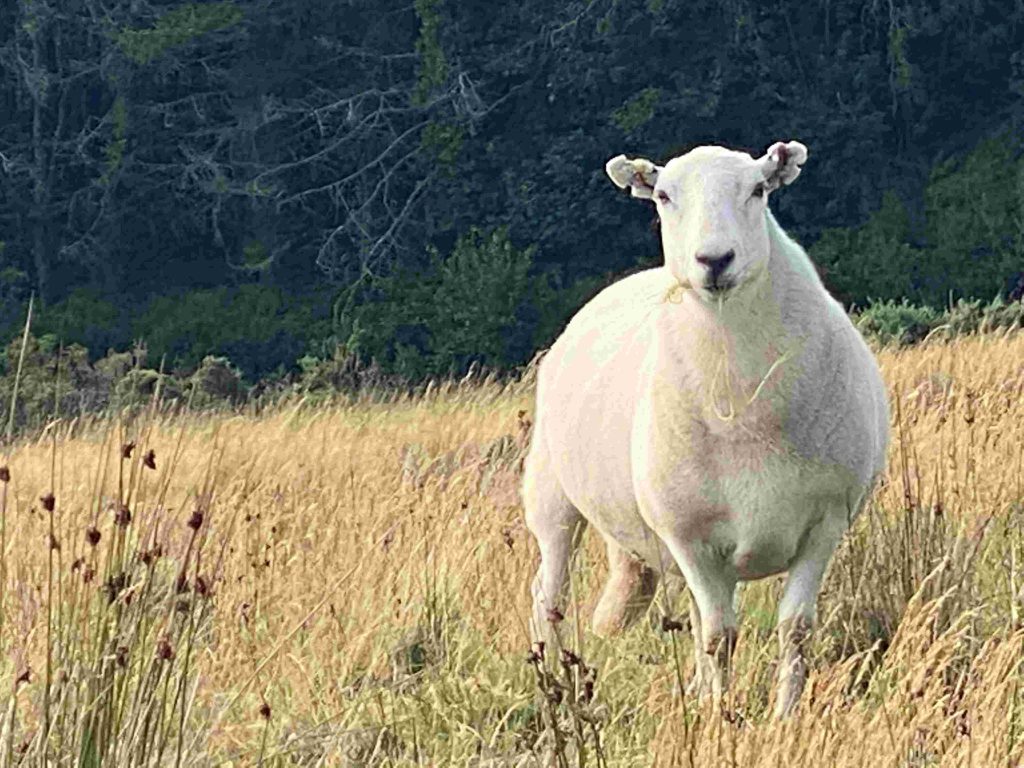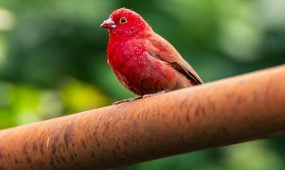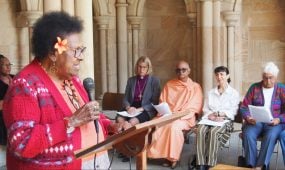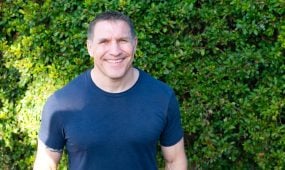Accountable for what?
Reflections
“My hunch is that we are not simple binaries of unselfish or selfish; compassionate or indifferent; sheep or goat…rather, we are a complex mix of these things,” says Bishop Cam Venables

There’s a famous song by Slim Dusty called ‘Looking Forward Looking Back’ and I’d like to do this as we look forward to Christmas and the promise of a New Year and look back at a particularly significant reading. For the last Sunday of November, just before Advent began, gifted us with a compelling Gospel (Matthew 25.31-46).
In this, Jesus suggested that at some stage we will all be accountable before God for the way we have responded to human need.
Advertisement
Jesus did not say that we will be judged according to what Church we belonged to, what Baptism we received, or what Creed we articulated, and this seems surprising because we spend much energy arguing about what we think God wants. Indeed, Christians have killed other Christians over different understandings of what is perceived to be orthodox — which means right thinking.
Jesus did not affirm that we will be judged according to whom we’re attracted to or how we loved another person. And, we will not be judged on being single, or celibate, or sexually active. Instead, Jesus affirmed that the criteria for judgement will be based on how we responded to people who had need: those who were hungry, or thirsty; those who were strangers; those who needed clothing; and, those who were sick, or in prison.
I’m not suggesting that we should each be doing all these things — but, I reckon we should each be regularly engaged with at least one!
Jesus suggested that at some stage in the future people would be separated into two groups like a shepherd separating sheep from goats, with the clear inference that we should be like the former, and less like the latter!

“Jesus suggested that at some stage in the future people would be separated into two groups like a shepherd separating sheep from goats, with the clear inference that we should be like the former,” says Bishop Cam Venables (Image taken by Bishop Cam Venables in Wales in 2022)
It’s hard to read about sheep and goats without considering how they are farmed in south-west Queensland! In times of drought, goats are often the hardiest of these two and have saved many primary producers from financial ruin. So, what’s wrong with goats?
As I understand it flocks of sheep and goats were very small in Palestine at the time of Jesus, averaging 20 to 60 in number. A shepherd could call and lead sheep to follow him simply by calling their names — or at least the names of the lead sheep! There were no dogs, , or horses, or motorbikes…a shepherd simply called a few names and his sheep followed!
Advertisement
Apparently, this was not true for goats because goats are more wilful! People who looked after goats would drive them from the back just to keep an eye on them and stop them from wandering.
My hunch is that we are not simple binaries of unselfish or selfish; compassionate or indifferent; sheep or goat…rather, we are a complex mix of these things.
Perhaps part of the challenge in life and faith is to be more like sheep and less like goats; more willing to listen and follow the voice of the Great Shepherd, than simply doing whatever takes our fancy.
For when we hear and respond to that Shepherd’s voice I think we have a good sense that we are not alone in our pilgrimage of life and faith, and we’ll be more likely to look out for those around us.
What do you think?





